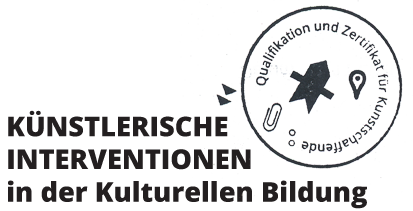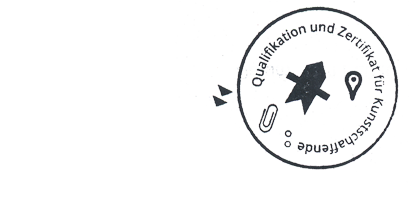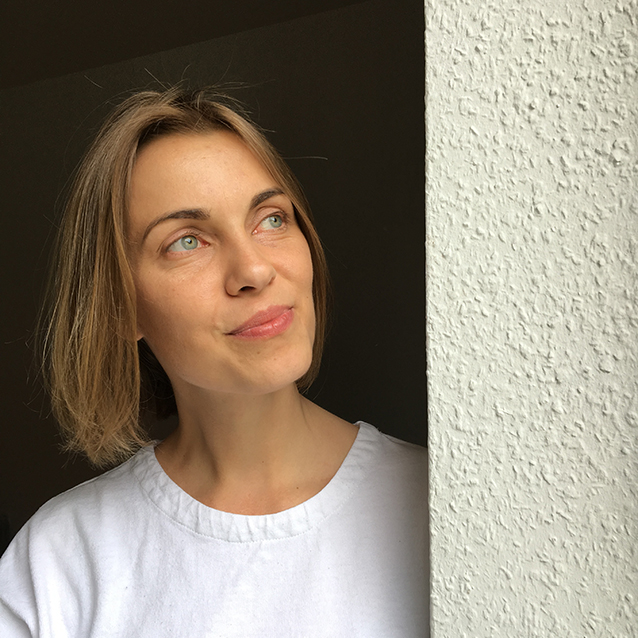



Lisa Siomicheva (*1985, St. Petersburg, Russia) is a multidisciplinary artist, curator and culture manager who is based in Berlin. As a trained journalist, she has worked as a producer of documentary films and as a photographer. Her topics are documentary art, societal change, diversity and migration, and promoting all forms of equality through artistic work. Since 2010, Siomicheva has been working as a curator of cultural events and festivals, creating scope for discussions at the interface between art and societal topics. She received a scholarship to run a research-based project on “International Practices in Art. Art Festivals and Artist Residences promoting Collaboration between Artists, Mediators and Participants.”
Russion without a dictionary
Together with a team of young producers, dramatists and artists, we have developed a project called “Russisch ohne Wörterbuch” (Russian without a dictionary). The project helps children with a migratory background to learn Russian through drama, storytelling and art practices. Together with the children, we told stories about ourselves, compiled our own vocabulary and drew comics about the life of migrant children in Russia. We worked together with Boarding School No. 28, in which 150 children and youths from crisis families and children from migrant families studied. Many of them did not speak Russian well. Not only did this have an impact on progress they were making in their school subjects, but they were also affected in their communication with others. Our courses helped the children to learn Russian with creative techniques, and without the dictionary.
Which topic turns up again and again in your artistic activities?
Based on my training as a journalist and documentary film producer, I have always seen art as social practice. Since 2011, I have been working as a cultural manager and curator. My work often confronts me with the topic of privileges. Every human, every child is naturally talented and gifted. But often, society offers no opportunity and no favourable environment for individuals to realise their potential. Therefore, it is important for me to deal, for example, with the topic of migration.
What do you seek to achieve with your arts education activities?
I hope that my arts education work is contributing to world-wide justice, inclusion and peace. But I would at least like to achieve that all individuals believe in their uniqueness and express themselves freely.
What, in your view, is the essence of an artistic intervention in arts education?
Presently, arts education has a considerable potential to result in changes regarding the most important challenges. I am sure that both the education system and the educational concepts will have to undergo significant modifications. In this sense, art and artistic interventions in education can lead to inspirations, new approaches and new energy. I hope that artistic interventions are promoting interest in conventional knowledge and simultaneously offering new opportunities to get to know the world better.